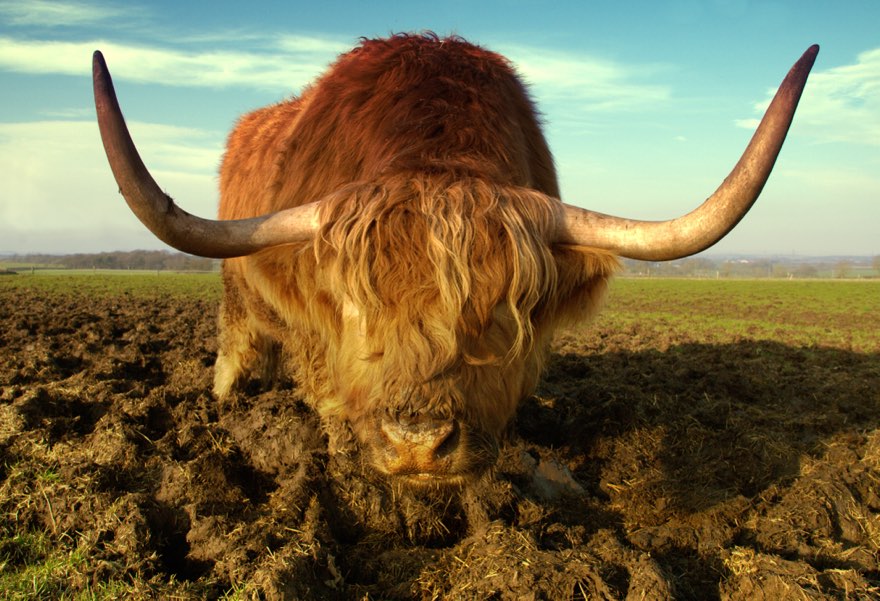Evaluation of reactivity and learning ability of Icelandic horses in comparison to Haflingers and Shetland ponies reared in Austria.

- BSAS Equine Conference 2025: Bridging Science and Practice in Horse Care and Management
- PhD Researcher Stefan Yerby appointed as Trustee of the British Society of Animal Science
- Burleigh Dodds Science Publishing - 20% discount for BSAS Members
- Dr Grace O’Gorman Appointed as a new Trustee of the Society.
- View All
Evaluation of reactivity and learning ability of Icelandic horses in comparison to Haflingers and Shetland ponies reared in Austria.
This study was shortlisted for the 2024 Thesis of the Year Award and was completed as part of Maja Guenther studies for a BSc (Hons) in Equine Science at the University of Limerick supervised by Soraya Morscher. The research aimed to evaluate the differences in reactivity learning and problem-solving ability of Icelandic horses compared to Haflingers and Shetland ponies raised in Austria.
Temperament of horses is a heritable trait and differs between breeds and learning is linked to behaviour, meaning that breed differences are common. Previous studies have assessed the behaviour in horses of performance breeds such as thoroughbreds. Little is known about how Icelandic horses compare to other native breeds of similar temperaments in comparable management and environmental conditions.
This research involves six Icelandic horses, five Haflinger horses, three Shetland ponies using and three different tests. Certain temperaments or behavioural characteristics make a breed more suitable to a certain task than other breeds, and a horse's ability to learn implies what training method would be the most effective. Icelandic horses have been primarily bred as a riding horse and commonly compete in gaited competitions, where the outputs of this study could highlight other disciplines in which Icelandic horses could thrive. It was hypothesised that due to the adaptation of the breed to succeed in harsh environmental conditions, the breed could be extremely versatile, with low reactivity and a good learning ability.
To minimise external environmental influences, all equines included in the study were raised in Austria under similar management and training regimes.
- Reactivity Test: The horses and ponies were exposed to a novel object, a blue bag, introduced into their enclosures. Over a five-minute period, researchers recorded behavioural responses, including object fear and play behaviours.
- Learning Ability Test: The equines underwent an operant conditioning task where they were trained to touch a target following a verbal cue using positive reinforcement. The time required for learning and distractions during the task was measured.
- Problem-Solving Test: Each horse and pony were given a box-opening task to assess their ability to focus, explore, and successfully solve a problem.
In the reactivity test, Icelandic horses were more focused on their handlers compared to the other breeds. Shetland ponies demonstrated the highest interest in the novel object, while Haflingers showed the least engagement. Additionally, geldings focused more on the novel object than mares. Haflingers required more time to learn and showed the highest level of distraction across breeds. Icelandic horses, while less distracted, displayed a similar learning rate to Shetland ponies. Interestingly, mares took longer to learn, but this did not affect their ability to provide correct responses. During the problem-solving task, Icelandic horses exhibited the greatest focus on their handlers, possibly indicating heightened cooperation. Haflingers were significantly less engaged in this task, while Icelandic horses had the highest success rate and showed more exploratory behaviours such as sniffing, biting, and touching the problem-solving object. As observed in previous tasks, older horses were less engaged, while geldings generally showed more focus than mares.
The study showed that Haflingers were the least focused across tasks, indicating a lack of engagement, which is a detrimental factor to learning, affecting the breed's ability to perform. Shetland ponies displayed differing levels of performance across tasks, and performance was increased by feed motivation. Across tasks, Icelandic horses were the most focused on the handler, indicating greater cooperation or awareness of the handler’s ability to help in the task. Whilst they also showed greater problem-solving abilities, the study highlights that Icelandic horses display favourable behavioural characteristics and could be trained to perform in multiple equine disciplines.
